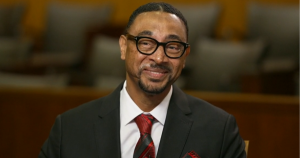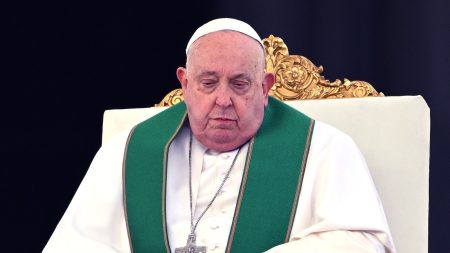Germany’s Pivotal Federal Election: A New Political Landscape Beckons
1. The Significance of the Election and the Path Ahead
This Sunday, German voters will head to the polls in a federal election that promises to reshape the nation’s political trajectory. The collapse of Chancellor Olaf Scholz’s coalition government has set the stage for a new direction, with the economy, security, and international relations at the forefront. Friedrich Merz, leader of the center-right Christian Democratic Union (CDU), is poised to take the reins, polling at 28%. However, the election’s intrigue lies in the surge of the far-right Alternative for Germany (AfD), now the second most popular party, with 21% support. As the CDU leads, the AfD’s rise signals a shift in public sentiment, even as mainstream parties exclude them from coalitions, highlighting Germany’s evolving political dynamics.
2. The Rise of AfD and the Coalition Conundrum
The AfD’s ascendancy has captivated analysts, despite being shunned by mainstream parties due to its extremist ties. With 21% support, the AfD’s influence is undeniable, yet it remains excluded from coalition talks. Germany’s proportional representation system necessitates coalition-building, as no party typically secures a majority. This setup fosters compromise, balancing divergent policies. While the AfD’s exclusion dims their immediate impact, their popularity reflects voter discontent, underscoring a fragmented political landscape where post-election negotiations will be pivotal in forming a stable government.
3. Friedrich Merz: The Conservative Visionary
Friedrich Merz, a 69-year-old conservative entrepreneur, stands as the likely next Chancellor, promising economic revitalization, tax cuts, and stricter immigration policies. His platform, focused on enhancing Germany’s global competitiveness, includes boosting defense spending to counter Russian aggression, a stance amplified by concerns over U.S. foreign policy shifts under Trump. Merz’s visit to Kyiv highlighted Germany’s unwavering support for Ukraine, emphasizing European security. His advocacy for a European defense group, including Germany, France, the UK, and Poland, underscores his commitment to a unified European security strategy.
4. Security and Immigration in the Spotlight
Recent terrorist attacks by migrants, such as the Solingen knife attack, have intensified Merz’s focus on security and immigration. He proposes surveillance measures like CCTV at public events, leveraging technology for safety. Merz also advocates for tougher immigration laws and swift deportation of criminal asylum seekers, reflecting a hardline stance that resonates with security-conscious voters. These incidents have galvanized Merz’s resolve, positioning security as a cornerstone of his agenda.
5. Implications for Germany and Europe
The election’s outcome could redefine Germany’s role in Europe, with Merz’s leadership potentially steering the country toward a more conservative path. His policies may influence EU and NATO dynamics, especially as U.S.-German relations evolve under Trump’s apparent isolationism. A Merz-led Germany might bolster European defense autonomy, shaping the continent’s security framework. The election VGrowthbalance between tradition and innovation, reflecting broader European challenges and opportunities.
6. Conclusion: Navigating a New Political Era
As Germans vote, they choose between continuity and change, with the election’s impact extending beyond borders. The likely coalition government will navigate economic, security, and international relations challenges. Merz’s leadership could steer Germany toward economic revival and heightened security, yet the coalition’s dynamics will temper drastic shifts. The election marks a pivotal moment, balancing tradition with the need for innovation, shaping Germany’s and Europe’s future trajectory.















